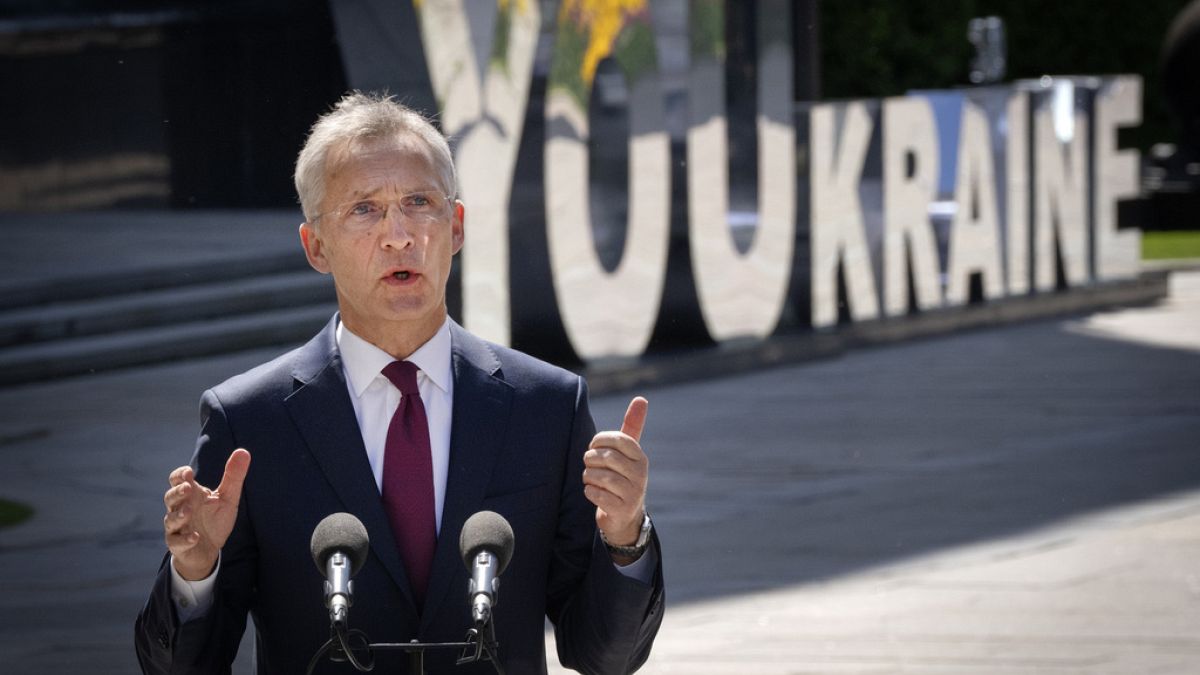NATO defence ministers are meeting in Brussels to discuss a new plan to provide long-term security assistance and military training to Ukraine. The meeting comes after months of uncertainty surrounding the future of western support for Ukraine. Hungary has promised not to veto the scheme as long as it is not required to take part. This meeting is the last high-level talks before a summit hosted by US President Joe Biden in Washington in July, where financial support for Ukraine is expected to be announced.
Ukraine’s Western allies are working to strengthen their military support as Russian troops continue to launch attacks along the front line. The delay in US military aid and political infighting have caused setbacks in support. NATO Secretary-General Jens Stoltenberg emphasized the need for Ukraine’s armed forces to have predictable access to weapons, ammunition, and funds to prevent further delays. The goal is to minimize the risk of gaps in support, which could allow Russia to occupy more Ukrainian land.
Since Russia’s invasion in February 2022, Ukraine’s Western supporters have been meeting regularly to provide weapons and ammunition through the Ukraine Defense Contact Group. However, these efforts have been ad-hoc and inconsistent. Stoltenberg is leading an initiative to have NATO take a more organized approach to coordinate security assistance and training. The alliance plans to utilize NATO’s command structure and draw funds from its common budget to support Ukraine.
Stoltenberg hopes that Biden and other NATO leaders will agree to maintain the funding level for military support that has been provided to Ukraine since the start of the invasion. Hungary has announced that it will not veto the plan, as long as participation remains voluntary in accordance with NATO rules. While NATO as an organization does not send weapons or troops to Ukraine, its member states collectively provide over 90% of the country’s military support. The alliance views Russia’s aggression against Ukraine as a significant security threat to Europe.
Despite the threat posed by Russia, NATO members are cautious to avoid being drawn into a wider conflict. The alliance’s principle of collective defense states that an attack on any ally will be met with a response from all members. While the support for Ukraine is crucial, NATO’s goal is to prevent further escalation of the conflict with Russia. The meeting in Brussels aims to establish a more coordinated and sustainable system of military assistance for Ukraine to ensure long-term security and stability in the region. The allies are working to find a balance between providing support to Ukraine and avoiding direct confrontation with Russia.











